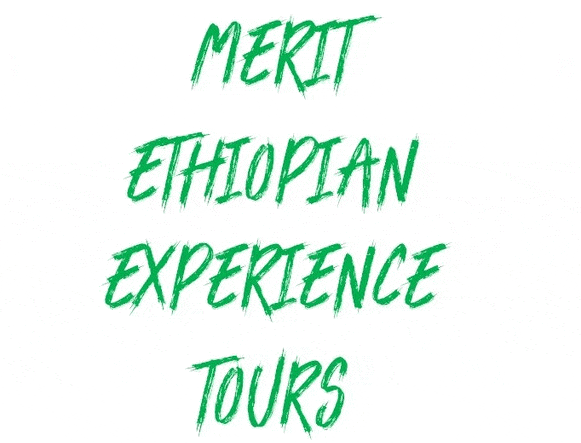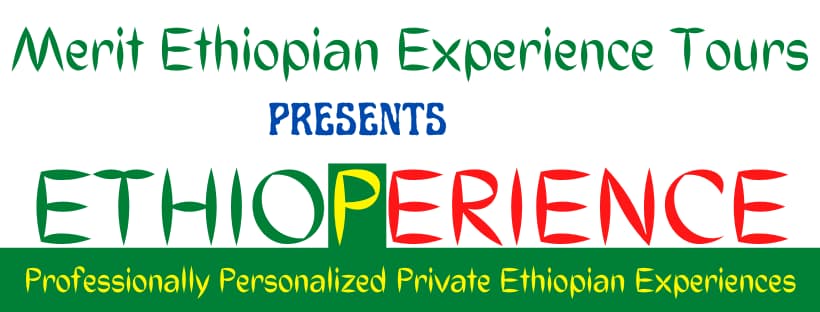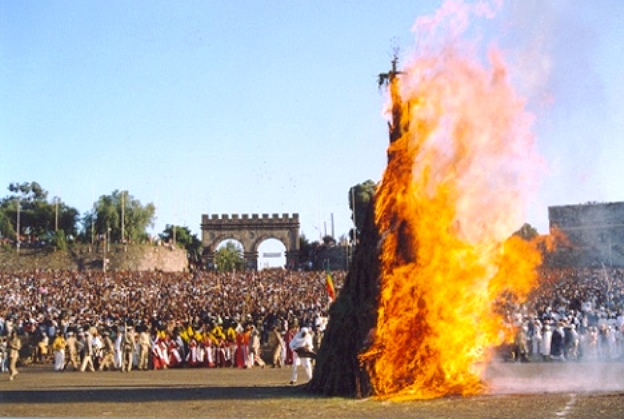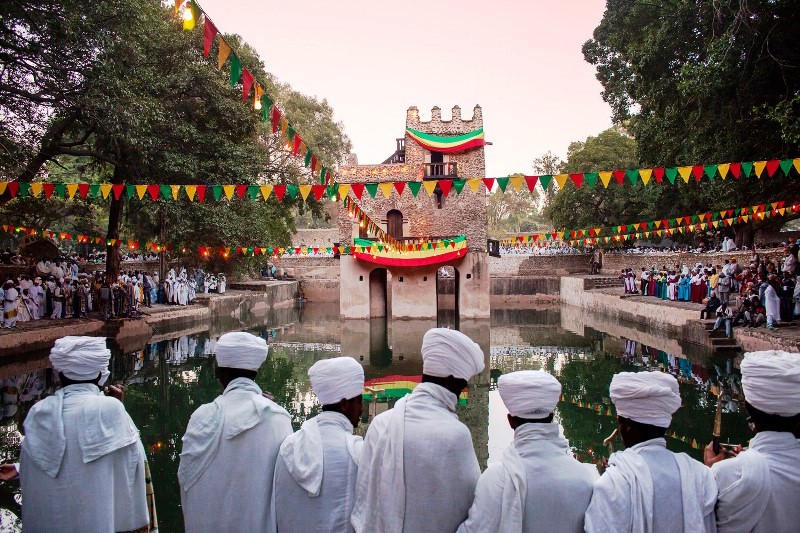Ethiopia - Religious festivals and cultural events
Enjoying Visiting Ethiopia in 2023, ‘EXPERIENCE AMAZING’ Tours of Ethiopia!
---------------------------------------------------------------------------------------------------------------
Many tourists to Ethiopia try to time their visit to coincide with the colorful festivals in Ethiopia. Meskel(that marks the finding of the True Cross), Timkat (equivalent to Epiphany) or Enkutatash (the Ethiopian New Year) are among the best events and festivals.
ቀስ በቀስ እንቁላል በእግሩ ይሄዳል
Slowly but surely, an egg learns to walk
Amharic proverb which emphasizes the significance of persistence, patience, and perseverance in achieving one's goals.
Plan your visits to Addis Ababa today. We'll walk with you every step of the way.
Merit Ethiopian Experience Tours - MEET
MEET Your Friendly Tourism Experts and Experience Excellence
Discover Ethiopia with MEET: Your Guide to Addis Ababa and Beyond
Ethiopia is among the best African countries to experience unique culture and traditions. UNESCO recognized Meskel Festival and the Fitche Chambalala New Year of the Sidama people as intangible World Heritages.
MƎET travel professionals, MEƎT your travel dreams – MEET the best & travel Ethiopia with MERIT.
Below are some of the famous religious festivals in Ethiopia which are celebrated once a year colorfully. These public holidays are attended by thousands of locals dressed with colorful costumes.
 |
NEWS UPDATE: Recognized for Excellence! Experience Award-Winning Tours with MEET. We're excited to announce that Merit Ethiopian Experience Tours (MEET) has been named the Most Client-Focused Bespoke Tour & Activities Agency 2024 - Ethiopia by LUXlife Magazine. This Travel & Tourism Awards 2024 reflects our commitment to creating unforgettable, personalized experiences for each and every guest. At MEET, our passion lies in providing exceptional service personalized to visitors’ interests. Let us design your dream Ethiopian adventure – contact us today and discover why we're award-winning! |
If you are looking to experience real religious festivals, contact Merit Ethiopian Experience Tours. Use the button below to reach us on WhatsApp.

⭐ Now registered with UNESCO as an element of the Intangible Cultural Heritage of Humanity, Meskel (27 September) commemorates the alleged 4th century discovery of the True Cross on which Jesus was crucified. The Centrepiece of this uniquely Ethiopian festival is the burning of a massive conical pyre called a Damera.
The largest ceremony takes place in Addis Ababa’s Meskel Square, where hundreds of thousands of people gather to watch the colorfully dressed priests chant, pray and dance. The most historically poignant site to witness Meskel is Aksum’s Cathedral of Maryam Tsion.

• Timkat, the Ethiopian Orthodox equivalent to Epiphany, is celebrated at churches throughout the country on January 19. The best place to be during Timkat is Gondar, where the festivities culminate in a crowded and colorful afternoon re-enactment of the first baptism at the 17th century Fasil’s Pool, which is filled with water for the occasion.
for any question you may regarding visiting Ethiopia.

• A more secular occasion is Enkutatash, or Ethiopian New Year (11 September), which falls on the date that the Queen of Sheba supposedly arrived back in Aksum after having visited King Solomon in Jerusalem. It is celebrated vigorously throughout the country by people of all faiths.
• Gena or Ledet (7 January), the Ethiopian equivalent to Christmas, is preceded by an all-night vigil following 43 days of fasting that culminate. It is a family-oriented holiday, but in some areas it is marked by traditional dancing or a hockey-like game called Yegenna Chewata, supposedly played by the local shepherds on the night Jesus was born. It is traditional to eat the national dish doro wot (chicken stew) over Gena.
1 – ENTRY VISA TO ETHIOPIA It is better that you get your entry visa to Ethiopia in advance by applying online. Getting your e-visas before arrival at Addis Ababa Bole Int’l Airport saves you the time you would spend waiting to get the visa on arrival.
2 – WHAT NOT TO BRING For security reasons, it is NOT ALLOWED to bring in drones, satellite phones, BINOCULARS, etc. to Addis Ababa. If you carry those items, it is better to check them in to your next destination (when checking in to fly to Addis Ababa).
• The usual Islamic holidays are celebrated in Ethiopia, especially in and around Harar. At the end of the fasting month of Ramadan, the first day of the month of Shewal is celebrated as Eid-al-Fitr. This is followed by six-days of fasting. The 8th day of the month of Shewal is Shewal Eid - a special Harari cultural festival, consisting of 24 hours of celebrations.
• Harar also comes alive during the Ashura ceremony, which takes place on the 10th day of Muharram, the first month of the Islamic calendar.
• Important Islamic pilgrimage sites holding annual festivals include the Sof Omar Caves and Dire Sheikh Hussein in the lowlands east of the Bale Mountains.
• Other traditional festivals include the Irecha, which is celebrated by the Oromo people at Lake Hora, in Bishoftu, on the first Sunday after Meskal (September 28), and the Fiche Chambalala, the New Year celebration of the Sidama people of Hawassa.
• Note that in leap years, all Christian holidays fall a day later than normal on the Western Calendar.
IN BRIEF - Full-Day City Tour in Addis Ababa
Ethiopia is a great country to experience unique culture on annual authentic festivals.
Events and festivals
Colorful Cultural Events and Authentic Ethiopian Festivals
A more secular occasion is Enkutatash, or Ethiopian New Year (11 September), which falls on the date that the Queen of Sheba supposedly arrived back in Aksum after having visited King Solomon in Jerusalem. It is celebrated vigorously throughout the country by people of all faiths.
VISIT THE 11 ROCK CUT CHURCHES OF LALIBELA IN 2 DAYS BY FLIGHT FROM ADDIS ABABA
✹Private Tour ✹Flexible Schedule ✹Expert Guide
For visiting the churches of Lalibela which are carved out of rock, two days is the minimum you need. In two days tour from Addis Ababa, you can visit the UNESCO World Heritage Sites of Lalibela Rock Churches. Check out the details of the 2-days private tour of Lalibela Rock Churches from Addis Ababa.
Keep in touch with Merit Ethiopian Experience Tours on Social Media






